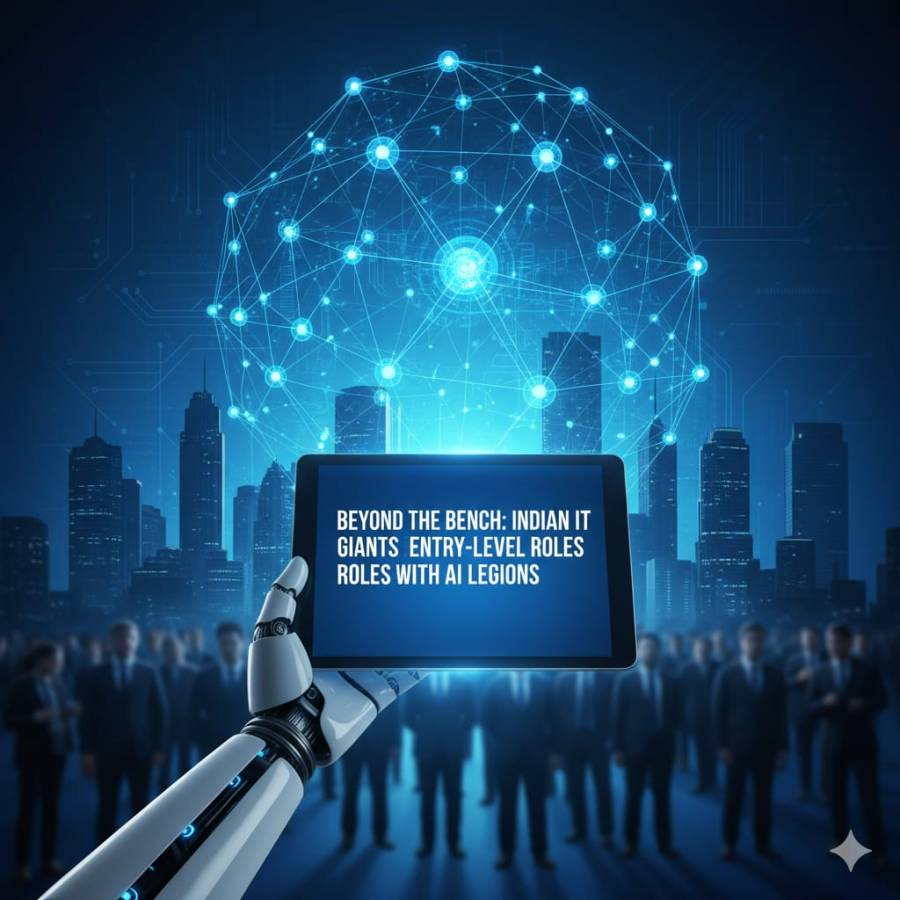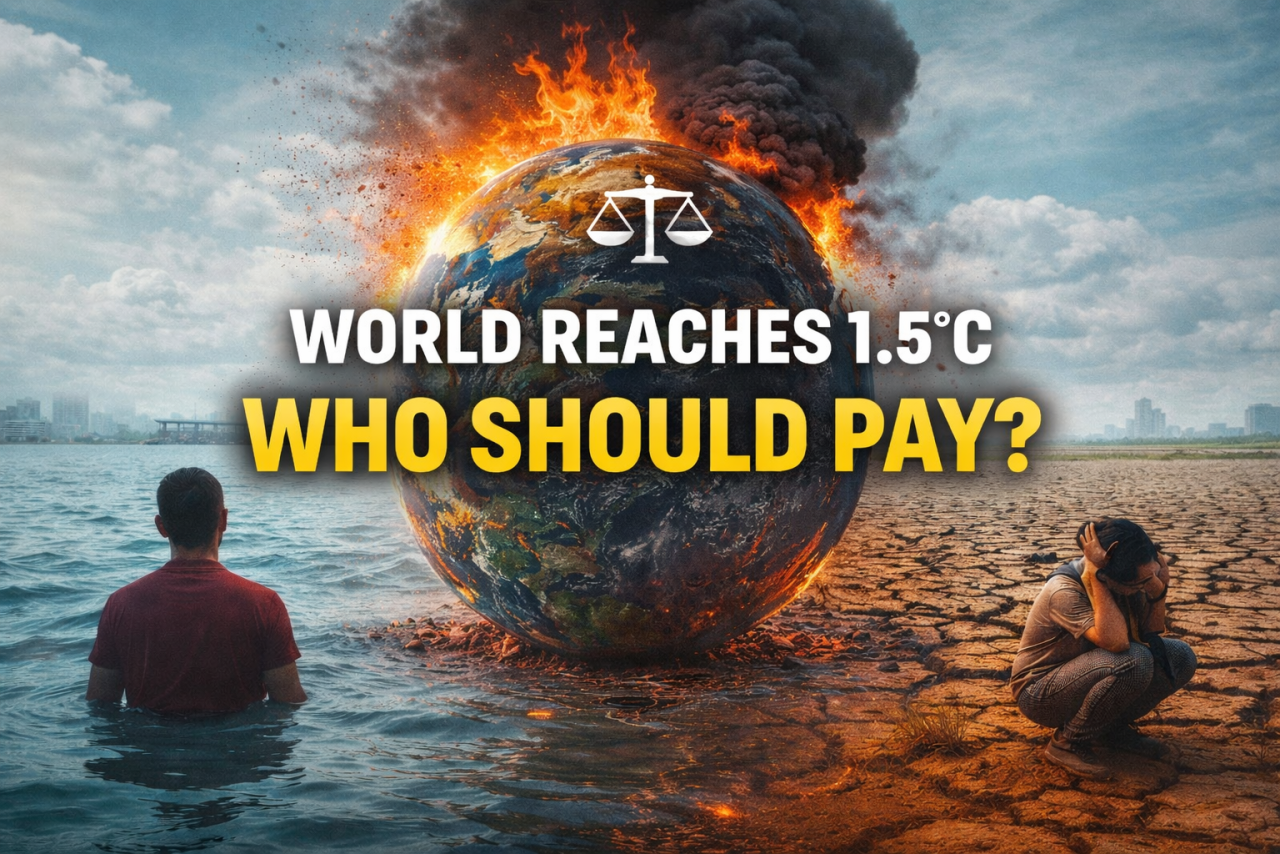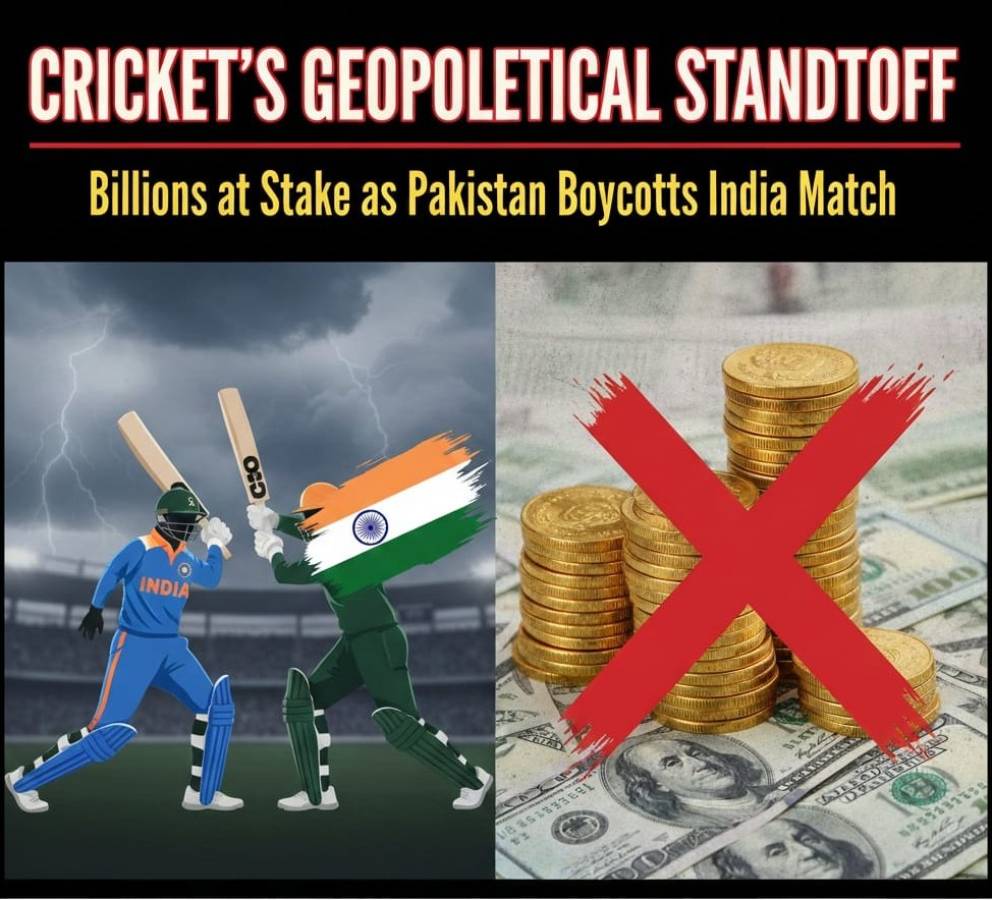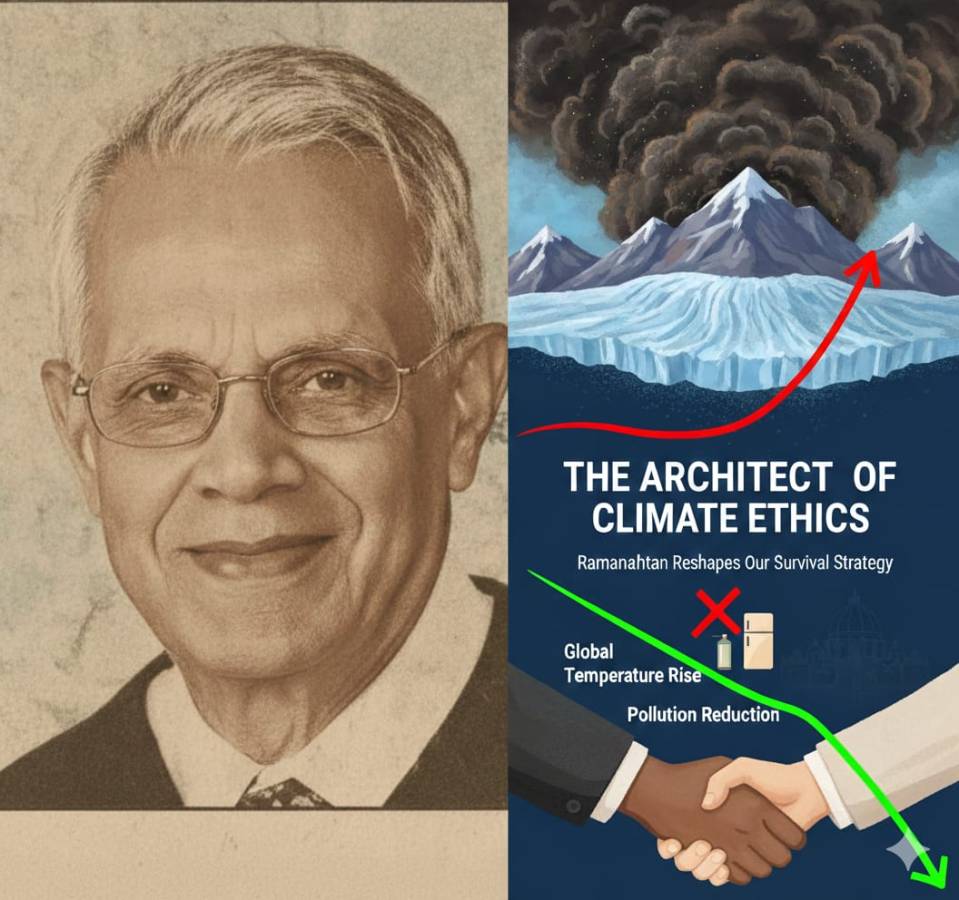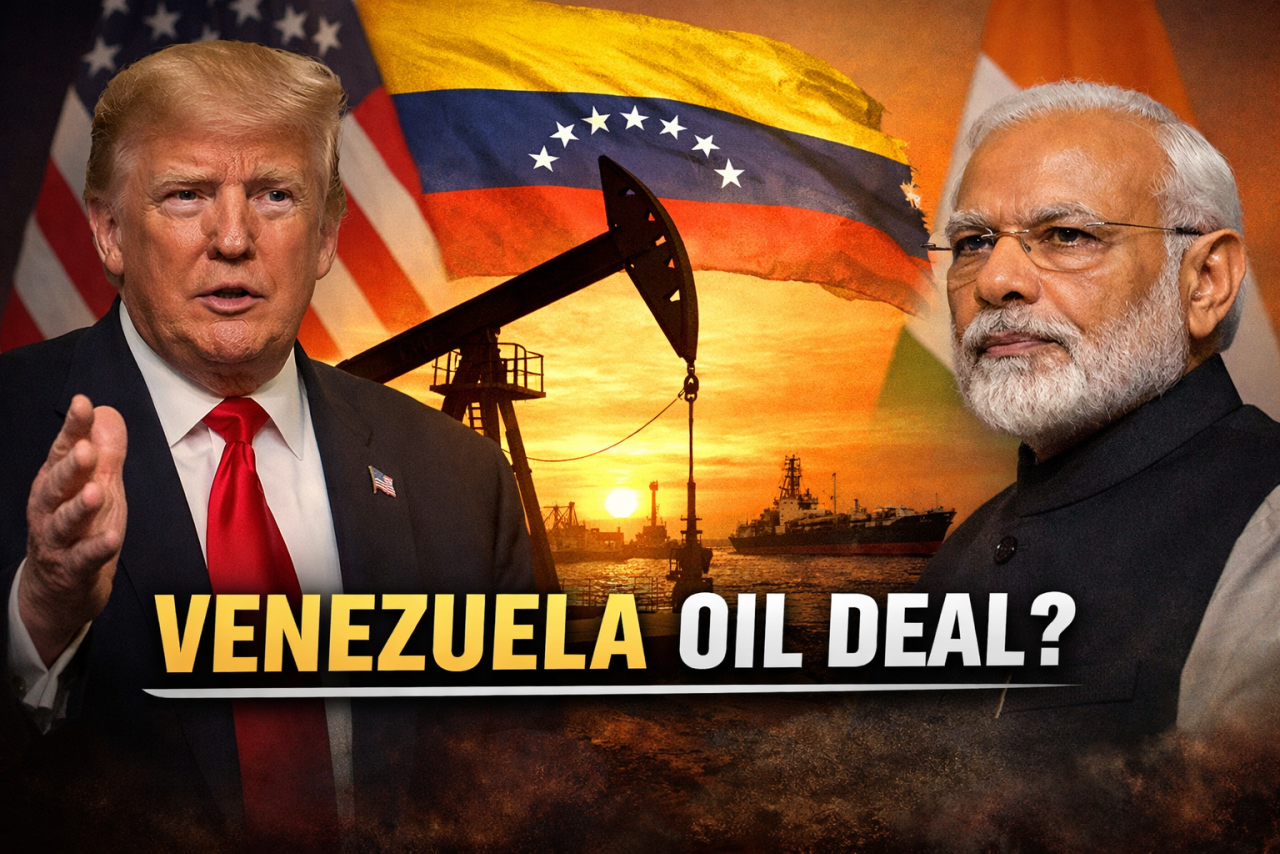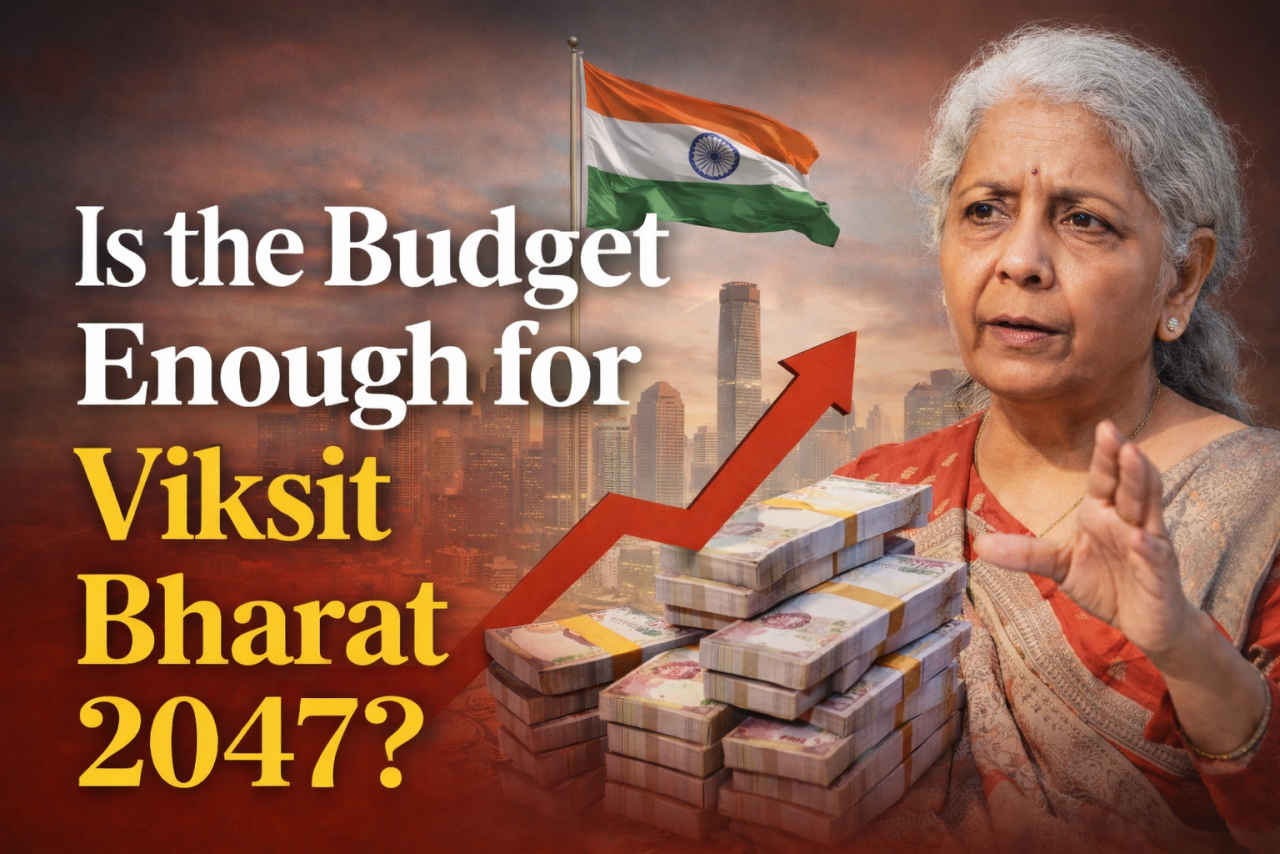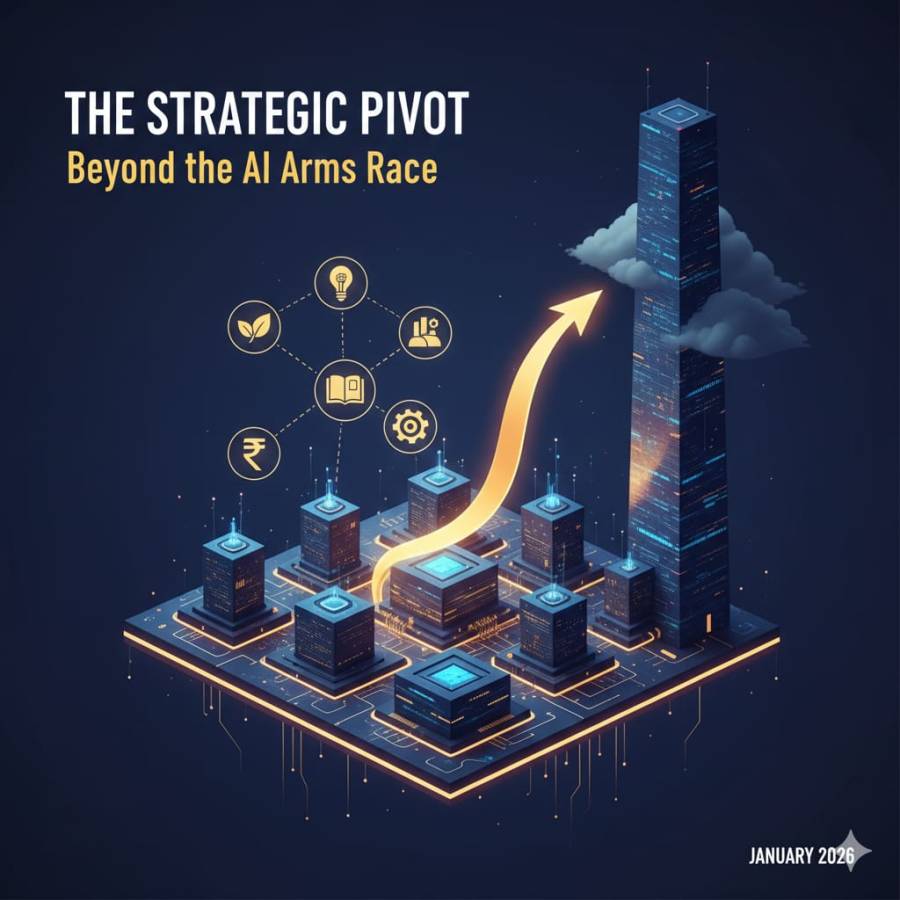
On Christmas Eve, in the year 1968, 250,000 miles from home, Apollo 8 broke the gravitational umbilical cord with Mother Earth and entered the dark side of the moon, passing the shadows of the lifeless surface of stark land. They were astonished by the view of Earth, and nobody had witnessed it before. The blue planet is adorned with stunning beauty and rich topographical, biological, and cultural diversity. The only responsible creatures on the planet are human beings who live, cultivate, and live in relationships with not only their own species but also others in this cosmos, home to countless people.
Space exploration, a journey that has not only broadened our horizons but also revolutionized our perception of our home. The unique vantage point of space has illuminated our understanding of our planet in many ways we could never have fathomed. The field of economics and socioeconomics has quantified the gap between the affluent and the underprivileged, offering a global perspective on our world's economic landscape.
Globalization: The Era of Integration and Disintegration
Globalization is a term that takes on different shades of meaning depending on the discipline. It is a concept that transcends boundaries, resonating with political scientists as a new form of international relations, with economists as a network that connects financial systems, with sociologists as a rich tapestry of intersecting societies and worldviews, and with anthropologists as a quest to preserve the uniqueness of ethnic and cultural societies.
The interaction between people in the world in the form of rapid interchange of ideas, money, and trade is overwhelming. The era started with this concept, which has brought progress as well as regress, gains as well as losses, but importantly, it has also created new opportunities. Globalization has integrated local, regional, and international people, opening up new horizons and creating a more interconnected world. While it has also created ripples of disintegration, the unification of culture and economics in a global arena is a testament to the potential of globalization, showcasing its positive aspects.
Globalization presents us with global positioning systems, helping us navigate time and space. On the other hand, it makes it more difficult to find the ethical coordinates and spiritual vision that are the principal requirements for human harmony.
Globalization in the Post-Cold War Era
The biggest thing that has been thrown upon this world since the Cold War is integration. This integration is embodied by one key symbol: the World Wide Web. The Internet has linked together constituencies of every sort, making the global community more interrelated than ever before. The barriers of transportation, communication, technology, and trade have broken down and linked people in a way that is faster, cheaper, and more efficient.
The current global arena, popularly trademarked as liberalization, has now extended its flaps across every political border. Other developments have also been witnessed in the new era, as the new centers of economic power and multinational corporations have become the fulcrum of the global economy. This new era has only seen the stupendous growth of corporations, where sales of each of the world’s top five companies were bigger than the gross domestic product (GDP) of 182 countries. Who could imagine that companies like Wal-Mart and Exxon-Mobil would have recorded sales that were greater than the individual GDPs of Saudi Arabia, Poland, and Greece? Undoubtedly, corporations have become valuable assets of the global economy, but this also turns out to be a seismic economic shift that has led multinational businesses to show authority and influence major political decisions. It is no exaggeration if we term American democracy “corporatocracy.”
Final Take
We chose to go to the Moon and Mars and explore other cosmic things, not because the developed countries are doing it, but because we want to show the world that we can also do it. We always want to organize and try to utilize our resources to face challenges. In the same way, justice and liberalization are not just reordering global economics but also human hearts. People are the real wealth of the nation, and at this moment, the world needs a fine balance between corporate polarization and the welfare of the whole. Consolidating our reflection on the foundational analogy of this article, we can say that in this rapid shifting of the global economy, we must be aware that we are traveling together through the cosmos on a common ark.
-Written by Shubhajit Chakraborty
Email-chakraborty.shubhajit@gmail.com



